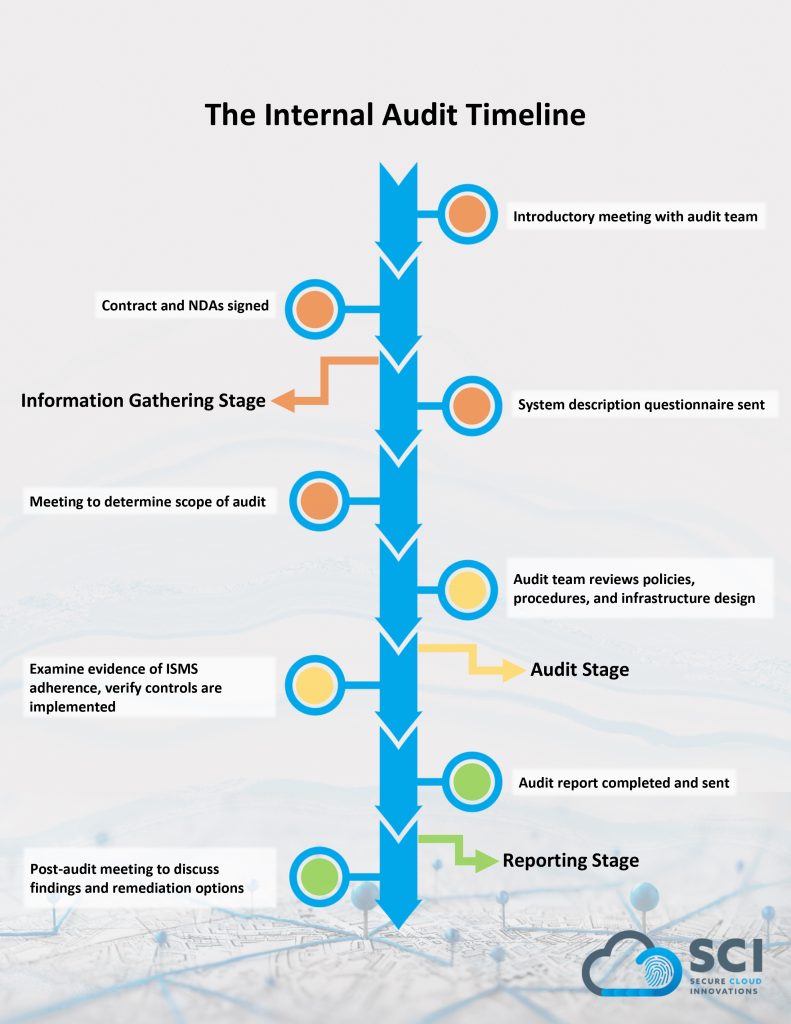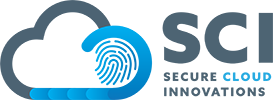ISO Internal Audit Guide
ISO 27001
Internal Audit Guide
About
At Secure Cloud Innovations we specialize in designing and implementing cutting-edge cybersecurity solutions for our clients. By leveraging our deep understanding of compliance models and security standards, we provide our clients with everything they need to meet regulatory requirements and protect their sensitive data across industries.
Our Services
- ISO Internal Audits
- vCISO
- Compliance Certification Prep
- Secure Architecture Design
- Information System Hardening
- DevSecOps
- Risk Assessments
- Security Training
- Audit Readiness Consultations
- Tabletop Exercises
Our price starts at $3000 and the typical turn-around is one week from the start of the engagement.
Compliance Frameworks

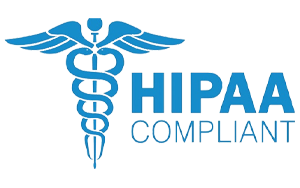
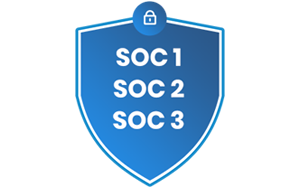

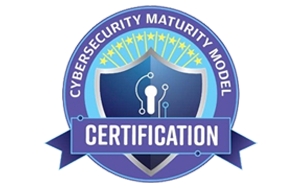
What Client’s Say About Us



What is the ISO/IEC 27000 family of standards?
The ISO/IEC 27000 standards are designed to allow a broad range of organizations to develop an effective and comprehensive information security management system (ISMS) capable of protecting the confidentiality, integrity, and availability of information. Each standard offers either guidance or requirements for the design and implementation of different areas of an organization’s ISMS. The series is developed, maintained, and published by the International Organization for Standardization (ISO) and the International Electrotechnical Commission (IEC).
The primary standards for the ISO Internal Audit are as follows:
ISO/IEC 27001: Provides a high-level description of the ISO/IEC standards’ requirements for an organization’s ISMS. It is the central standard in the ISO/IEC 27000 series and is the standard against which an organization is audited.
Relationship Between ISO/IEC 27000 Family of Standards
Definitions Standards
ISO/IEC 27000
Information Security
Management
systems – Overview
and vocabulary
Requirements Standards
ISO/IEC 27001
Information security
management
systems —
Requirements
ISO/IEC 27006
Requirements for
bodies providing
audit and
certification of ISMS
ISO/IEC 27009
Sector-specific
application of
ISO/IEC 27001 –
Requirements
ISO/IEC 27021
Competence
requirements for
information security
management
system
professionals
Guideline Standards
ISO/IEC 27002
Code of practice for
InfoSec controls
ISO/IEC 27003
InfoSec management
systems — Guidance
ISO/IEC 27004
InfoSec management
– Monitoring,
measurement,
analysis, and
evaluation
ISO/IEC 27005
InfoSec risk
management
ISO/IEC 27007
Guidelines for ISMS
auditing
ISO/IEC 27008
Guidelines for the
assessment of InfoSec
controls
ISO/IEC 27013
Guidance on the
integrated
implementation of
ISO/IEC 27001 and
ISO/IEC 20000-1
ISO/IEC 27014
Governance of
information security
ISO/IEC 27016
InfoSec management
– Organizational
economics
Sector Specific Guideline Standards
ISO/IEC 27010
Information security
management for intersector
and interorganizational
communications
ISO/IEC 27011
Code of practice for
InfoSec controls based
on ISO/IEC 27002 for
telecommunications
organizations
ISO/IEC 27017
Code of practice for
InfoSec controls based
on ISO/IEC 27002 for
cloud services
ISO/IEC 27018
Code of practice for
protection of
personally identifiable
information (PII) in
public clouds acting as
PII processors
ISO/IEC 27019
InfoSec controls for
the energy utility
industry
ISO/IEC 27799
Health informatics –
InfoSec management
in health using ISO/IEC
27002
Control Specific Guideline Standards
ISO/IEC 2703x
vISO/IEC 2704x
ISO/IEC 2705x
Information taken from ogcio.gov.hk
What is the ISO/IEC 27001 Internal Audit?
- Verify the organization’s ISMS is meeting the requirements laid out in their own ISMS documentation as well as the requirements of ISO 27001.
- Verify the organization’s ISMS is being properly implemented and maintained.
The primary standards for the ISO Internal Audit are as follows:
- Plan, establish, and maintain an audit program. This should include written documentation regarding the frequency of audits, auditing methods, responsible parties, planning requirements, and reporting. The audit program should consider previous audit results and well as the importance of the processes being audited to the organization.
- Clearly define the scope of the audit.
- Clearly define the audit criteria.
- Ensure the audit is performed in an impartial and objective manner.
- Report all results and findings to the proper parties.
- Have procedures for the retention of audit results as well as any documented information.
(ISO/IEC 27001 -2013 Section 9.2c – 9.2g)
